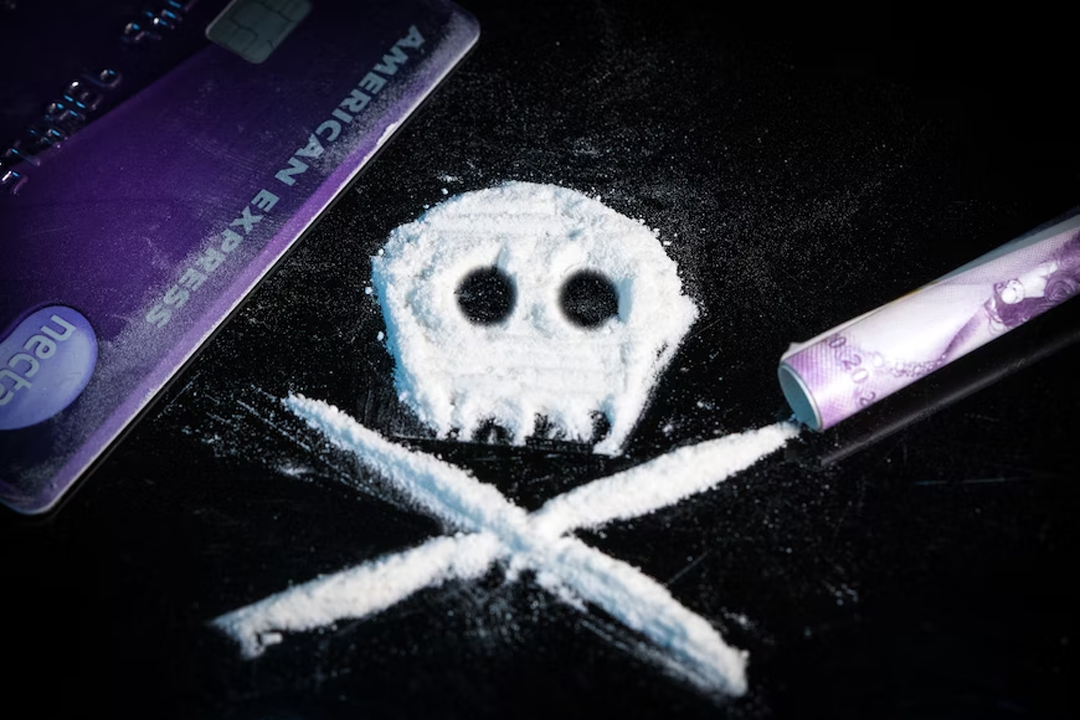Addiction is a problem that can be solved. It is a mental disorder that can be dealt with and conquered. You or your loved one may be suffering from addiction and you or they don’t even know it. To help you on the matter, we will discuss everything that you essentially need to know about addiction.

Addiction: what is it exactly?
Addiction is a disease. One that is chronic and lifelong. People who suffer from it have brains that can no longer control the urge and compulsion to use dangerous substances or participate in harmful activities. It is a disease because the brain fails to control the body even if the brain knows that there are negative consequences. This is not something that the brain normally does. This is something that only a brain that is suffering from a disorder will manifest. People suffering from addiction can no longer mentally and physically stop themselves even if they try to. Addiction is no joke.
If left untreated, addiction can result in broken families, legal problems, damaged relationships, bankruptcy, and even unemployment. It can also cause serious health issues if drugs and alcohol are involved. People suffering from addiction can opt for the following treatment: therapy, rehabilitation, and medication.
Addiction: how prevalent is it?
Addiction is a common mental disorder. In fact, 1 in 20 Australians suffers from it. In the United States, around 20 million people suffer from the disorder. The most common form of addiction is substance abuse or addiction to drugs or alcohol. Apart from substance abuse though, there are also other kinds of addiction and they are as follows:
- shoplifting
- participating in risky behaviours
- dieting
- exercising
- working
- gambling
- shopping
- video gaming
- smoking
Addiction: who is likely to develop one?
Anyone can suffer from addiction. But the following will be more at risk of developing it:
- people who belong to a family with a history of addiction
- people with mental health disorders
- people suffering from post-traumatic stress disorder (PTSD)
- people in the LGBTQIA+ community
- people suffering from discrimination
- people with issues in their family dynamics
Addiction: what are its symptoms?
Symptoms can vary as some people can still function well and answer to the daily demands of life. These people are ones that hide their substance use or activities from their family and friends. The following symptoms generally show up in other people suffering from addiction:
- increased tolerance – the need to up the level of substance intake to achieve the same euphoric effect
- inability to stop using – inability to control one’s self even if one’s self wants to
- lack of control – a feeling of helplessness
- intense focus on substances or behaviours – the drive to plan and intense longing for the next time that they can enjoy a substance or an activity completely overtakes and dominates their life
- health issues
- personal problems – poor performance at work or in school
- withdrawal symptoms – sweating, shaking or throwing up whenever they stop using
Addiction: what are known risk factors?
People with the known risk factors are more likely to develop addiction:
- environmental factors – growing up experiencing poverty, violence, or having access to substances
- genetics – substance use disorders can be passed down from one family member to the next
- mental health disorders – people suffering from depression, bipolar disorder, and PTSD can also suffer from addiction
- drug use – people who use addictive drugs of any form can rewire their brains’ “reward center”. This rewiring is the very thing that makes a person crave more.
Addiction: how is it diagnosed?
It can be diagnosed through a referral to a psychologist, psychiatrist, or drug and alcohol counselor. The healthcare provider will ask the person possibly suffering from addiction and their loved ones and close friends regarding their patterns of substance use and activities. A physical exam and a blood or urine test may be done.
Addiction: how is it treated?
Addiction can be successfully treated. Treatment options are as follows:
- detoxification
- medication
- therapy
- rehabilitation
- support group
Addiction: how can it be prevented?
Addiction can be prevented by doing the following:
- Actively avoiding using illegal drugs.
- Always strictly follow your doctor’s prescription order.
Opting for counseling instead of choosing substances or activities to cope with issues of abuse or trauma.
- Knowing one’s family history in order to know one’s level of vulnerability.
What can you do now?
If you or your loved one is actively suffering from addiction, you can choose to ask for help now. No time is better than now to start recovering. It will be hard and challenging but it will be very fulfilling. You can choose to start healing now. Reach out to a health provider as soon as possible.
Reference:
Substance abuse
https://www.healthdirect.gov.au/substance-abuse
Comments
comments